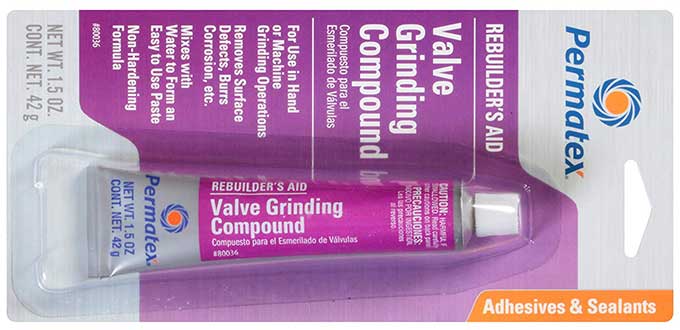
I don’t know how good pliers are made (rivet joints and box joints) so that they don’t seize up immediately. One extra whack of the big factory hammer seems to me like it’d wreck most efforts to make a good pair of pliers, or almost anything with a similar joint. They usually seem to get it close enough though, so good on ‘em.
Too many pliers at the stores are packaged so you can’t really get a good feel for the condition of a tool’s joint before you walk away (with it or without). I’ve got a few pliers with silky joints, and they’re an absolute pleasure to use. I’ve had (past tense!) some with sorta sticky joints that were more than a little irritating to use. I’ve had a few that were pretty well stuck, and so got zero use.
Breaking them in just didn’t seem to be worth the effort.
Bought another German pair around Christmas, mail order, good sale price. Too sticky to use. Dang. So I checked the solution machine at YouTube and got this:
Some Permatex compound ($5), some WD40, not a whole lot of work, and Bang! All my previously irritating pliers are silky! I’ve even picked up some truly rusty old abused pliers at Flea Markets and now they’re silky too. Last weekend I found a pair of Kraeuter pliers (a model last made in 1921) and, after some restoration work, they may be better than new. The process is cheap, only a little bit messy and easy to clean up. Rescue those pliers! Oh, and that new German pair (from NWS) is now terrific!
— Wayne Ruffner
Permatex 80036 Valve Grinding Compound ($5)
Available from Amazon
via Cool Tools
Loosen Plier Joints with Valve Grinding Compound